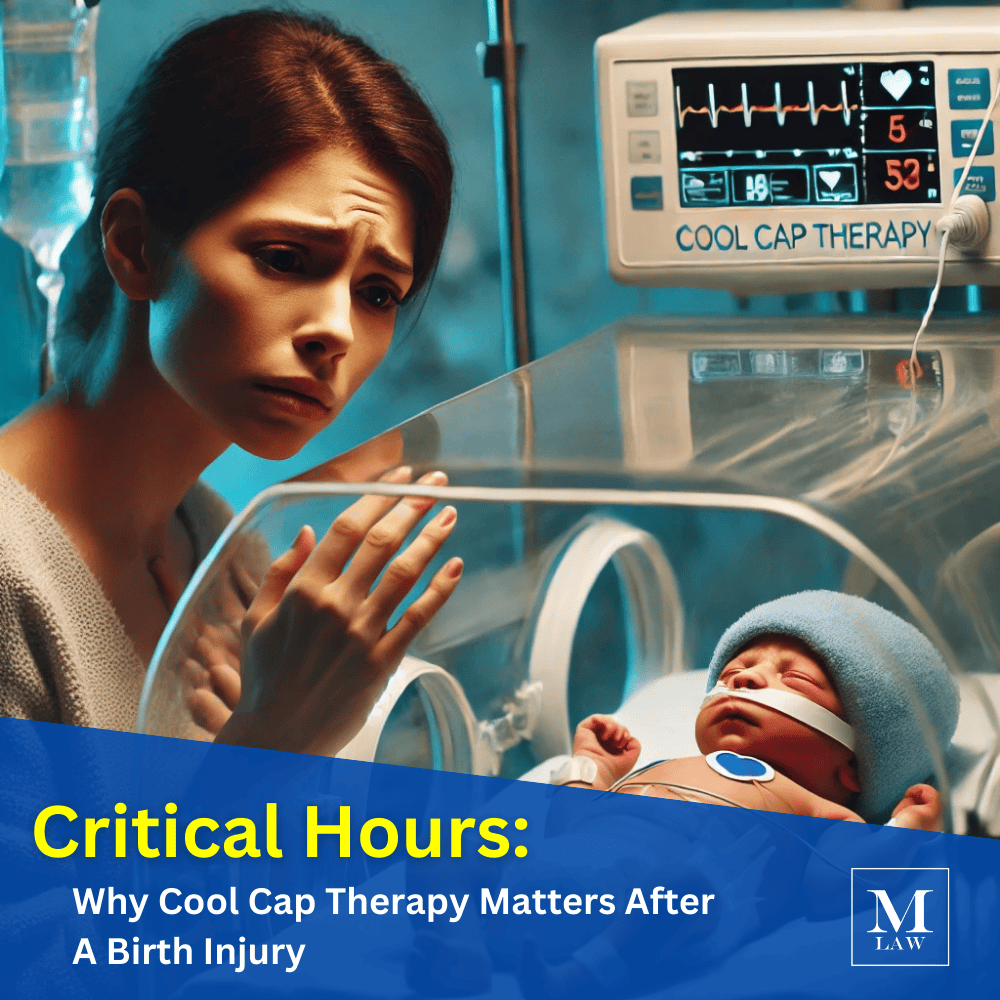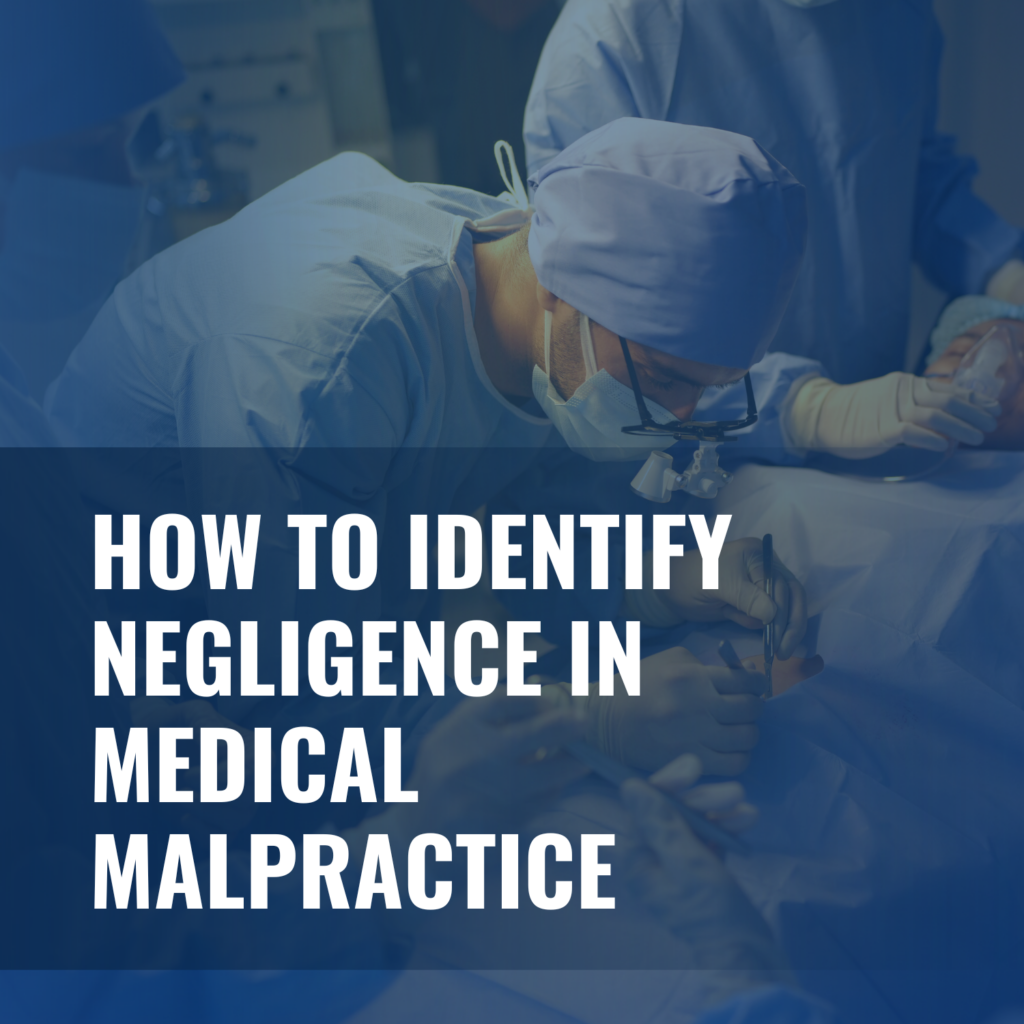Merson Law Review: VOL. II NO. 8 October 6, 2022
Editor in Chief: Steven E. North, Esq.
Case Editor: Emily C. Vaught, Esq.
1. Don’t Call the Abuser Names
R.B. v. City of New York, 2022 NY Slip Op 33065(U) (Sup. Ct. N.Y. Cnty. Sep. 7, 2022)
Background: In this CVA case, the defendants made a pre-action motion, for among other things, to strike prejudicial language in the complaint, namely the repeated reference to the defendant as an “abuser”. The defendants also moved to dismiss pursuant to CPLR 3211.
Holding: The court (Laurence L. Love, J.) distinguished this case from others and denied the motion to dismiss but granted the defendants’ motion to strike language in the complaint that was “reckless and wanton” holding that referring to the defendant as “abuser” was highly prejudicial and should be stricken.
2. Defendant Can’t Get Discovery If Answer Is Stricken
Brasil-Puello v. Weisman, 2022 NY Slip Op 04893 (2d Dept. Aug. 10, 2022)
Background: In this personal injury action where the court had stricken the defendants answer and the matter was proceeding for an assessment of damages, the defendant moved to vacate the note of issue and to compel the plaintiff to provide discovery. The court (Lefkowitz, J.) granted the defendant’s motion.
Holding: The appellate court reversed, holding that the defendant was not entitled to further discovery since the trial court had stricken the defendant’s answer in an earlier order. While a defaulting defendant is entitled to present testimony and evidence and cross-examine the plaintiff’s witnesses at the inquest on damages, such a defendant is not entitled to any further discovery when its answer was stricken.
3. Fishing for a Cell Phone Without Bait is OK
Tousant v. Aragona, 2022 NY Slip Op 04871 (4th Dept. Aug. 4, 2022)
Background: In this automobile accident case the defendants moved for the production of the plaintiff’s actual cell phone, seeking to determine whether he was using it at the time of the accident. The court (Gilbert, J.) denied the motion insofar as it sought production of the phone but granted the motion to the extent it sought cell phone records. As the records only showed phone calls, the defendants moved again for production of the cellphone to try to ascertain whether the plaintiff was using it at the time of the accident for purposes other than verbal communication. The court denied the motion.
Holding: The appellate court reversed, holding that the defendants were entitled access to the driver’s actual cell phone to determine whether the phone was being used at the time of the accident (although there was no direct evidence that such was the case). The Court noted that although the cell phone records subsequently obtained from the service provider established that the plaintiff was not talking on his phone at the time of the accident, they did not indicate whether he opened any apps or sent text messages during the relevant time period. The Court determined that the defendants adequately demonstrated that the issue of whether the plaintiff was using his cell phone at the time of the accident was relevant to the contention that the plaintiff was negligent in the operation of his car.
4. If You Say It You Own It
Lesaldo v. Dabas, 140 A.D.3d 708 (2d Dept. 2016)
Background: In this automobile accident case where the plaintiff was struck by the defendant’s car as she was in the crosswalk with a traffic light in her favor, the plaintiff moved for summary judgment on the issue of liability. In support of her motion, the plaintiff submitted her own affidavit and a police accident report which contained the defendant’s admission to the effect that she did not see the plaintiff walking in the crosswalk as she attempted to make the left turn. In opposition, without explaining away her statement to the police, the defendant essentially recanted her admission and maintained that the plaintiff was not in the crosswalk at the time of the accident. The court (Lewis, J.) granted the motion.
Holding: The appellate court affirmed, holding that the defendant’s “belated attempt to avoid the consequences of her early admission by raising a feigned issue of fact was insufficient to defeat the motion”. The court further held that the portion of the uncertified police accident report which contained her admission was admissible.
Editors’ Note: A party’s admission in an uncertified police report is no longer admissible in the Second Department. In Yassin v. Blackman, 188 AD3d 62 (2d Dept. 2020) [linked here], the Second Department determined that a party’s admission contained within a police accident report “may not be bootstrapped into evidence if a proper foundation for the admissibility of the report itself has not been laid.” The Second Department’s ruling in Yassin v. Blackman formally abrogated prior case law which had previously held a party’s admission in an uncertified police report was admissible.
5. Conditional Orders Are Powerful
Martin v. Dormitory Auth. of the State of N.Y., 2022 NY Slip Op 04907 (2d Dept. Aug. 10, 2022)
Background: In this personal injury action, the defendants served several supplemental demands for authorizations for, among others, various doctors who had examined the plaintiff. The court ordered that if the plaintiff failed to provide the authorizations, the plaintiff would be precluded from offering any medical evidence on damages at the time of trial. After the plaintiff failed to comply with the conditional order, the defendants moved pursuant to CPLR 3126 to preclude the plaintiff from presenting at trial any medical evidence on the issue of damages because of the plaintiff’s failure to comply with the conditional order and to dismiss the complaint. The court (Knipel, J.) granted the defendants’ motion only to the extent of precluding the plaintiff from presenting at trial any medical evidence on the issue of damages which had not already been provided to the defendants but (generously) otherwise denied the motion.
Holding: The appellate court reversed, holding that the trial court should have granted the defendants’ motion in its entirety to preclude the plaintiff from presenting at trial any medical evidence on the issue of damages and to dismiss the complaint. Because the conditional order precluded the plaintiff from presenting any medical evidence at trial on the issue of damages, the plaintiff could not make out a prima facie case on damages, and thus, the court dismissal the complaint.






